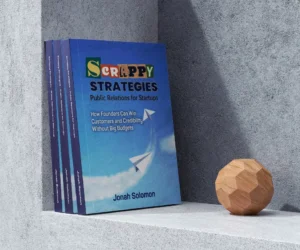Nigeria’s leading insurance firm, AXA Mansard, has called on businesses to adopt sustainable business models as an effective response to the growing threats of climate change. Speaking at the inaugural AXA Mansard Sustainability Symposium held in Lagos, Kunle Ahmed, the company’s chief executive officer, urged corporate leaders to shift their focus from “risk to resilience” by embedding environmental and social sustainability into their operations.
The call comes as Nigeria and other West African countries face worsening climate challenges. According to the United Nations Office for the Coordination of Humanitarian Affairs (UNOCHA), heavy rains and flooding affected about 6.9 million people across West and Central Africa in 2024, with Nigeria accounting for approximately 1.3 million of those impacted. Lagos alone now experiences annual flooding that disrupts lives and businesses. “These statistics are not just numbers; they represent families, communities, and enterprises. They demonstrate that climate risk is a business risk,” Ahmed said.
Highlighting the company’s commitment to sustainability, Ahmed disclosed that AXA Mansard has assessed more than N14.5 billion worth of assets for climate risk exposure over the past three years. Within the same period, the firm reduced petrol-related emissions by 46 percent, electricity-related emissions by 34 percent, diesel emissions by 12 percent, and water consumption by 39 percent. He added that employees have contributed more than 30,000 hours of volunteering, positively impacting over 10,000 lives. “For us, sustainability is not a buzzword; it is the reason our business will continue to serve Nigerians,” he said.
The insurer is also driving innovation to shield communities from climate shocks. In collaboration with the Insurance Development Forum, UNDP, AXA Climate, and Swiss Re, AXA Mansard helped design a parametric flood insurance solution for Lagos State.
Using satellite-based flood triggers, the product enables rapid payouts and is projected to protect up to four million people, offering coverage of up to $7.5 million during a catastrophic flood event. “This initiative demonstrates how insurance can close the protection gap and strengthen community resilience,” Ahmed noted.
He further encouraged Nigerian businesses to view sustainability as a competitive advantage rather than an expense, citing the AXA Future Risks Report 2025, which ranks climate change among the top three global threats to enterprises. “Adopting sustainable practices reduces operational risks, protects cash flows, opens new markets, and attracts investors. It’s not just the right thing to do; it’s smart business,” he affirmed.









